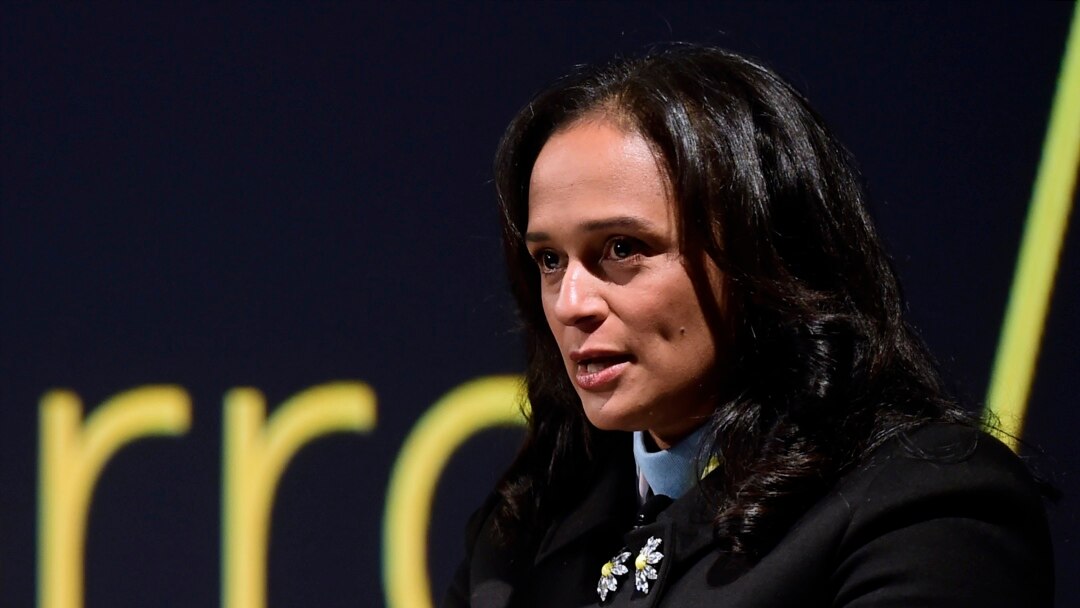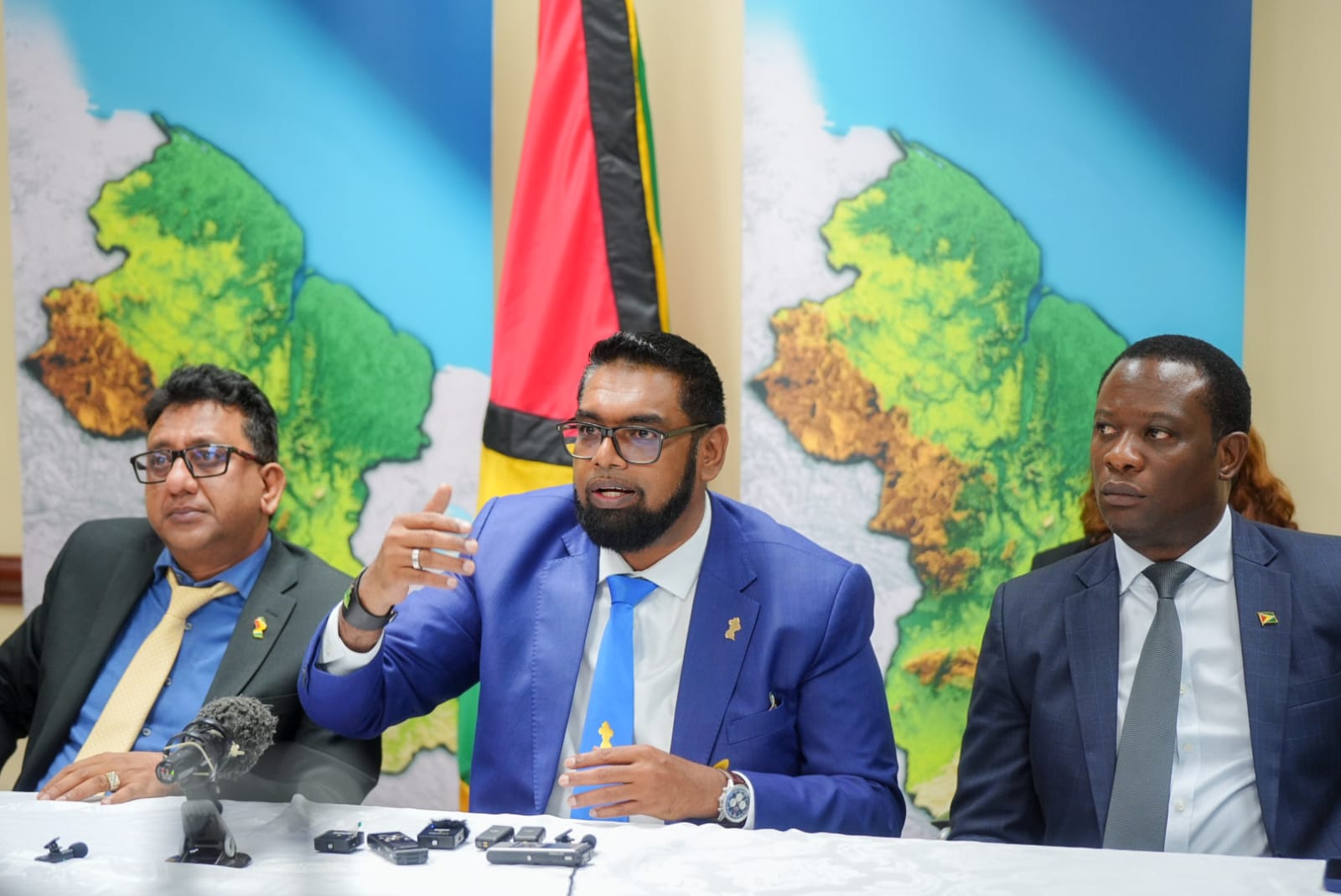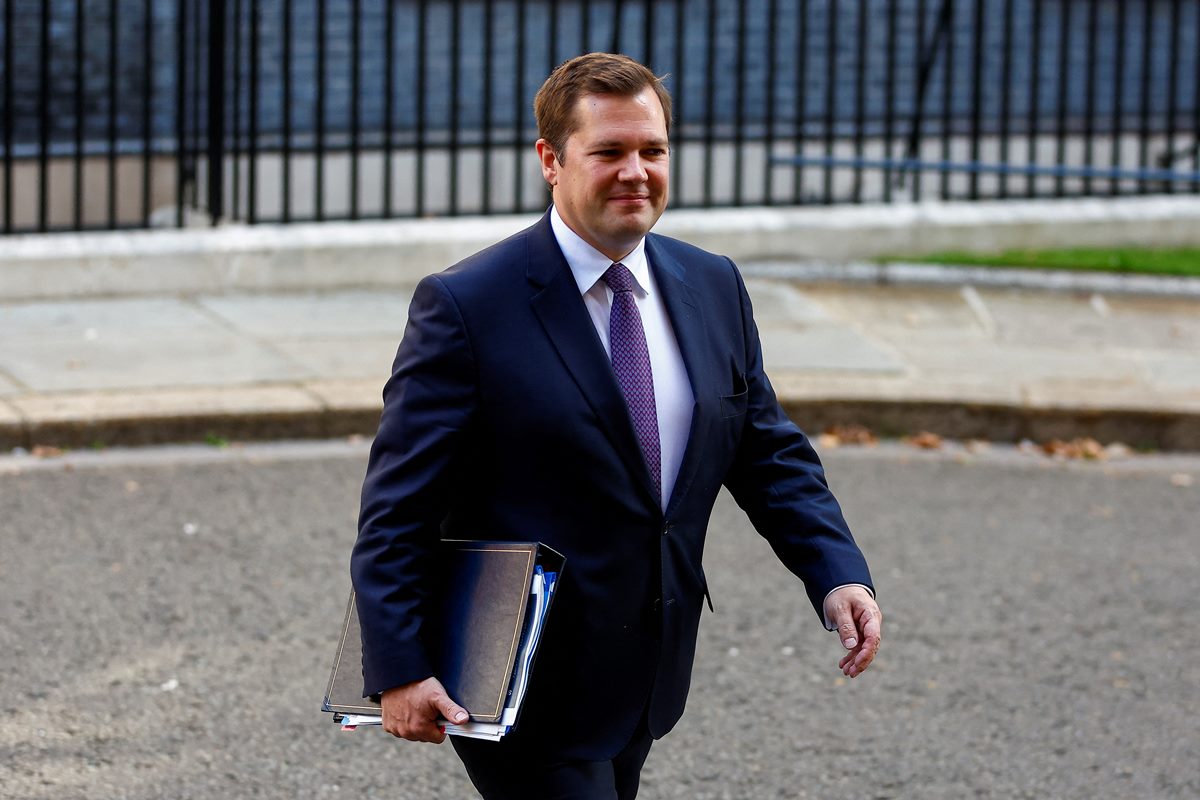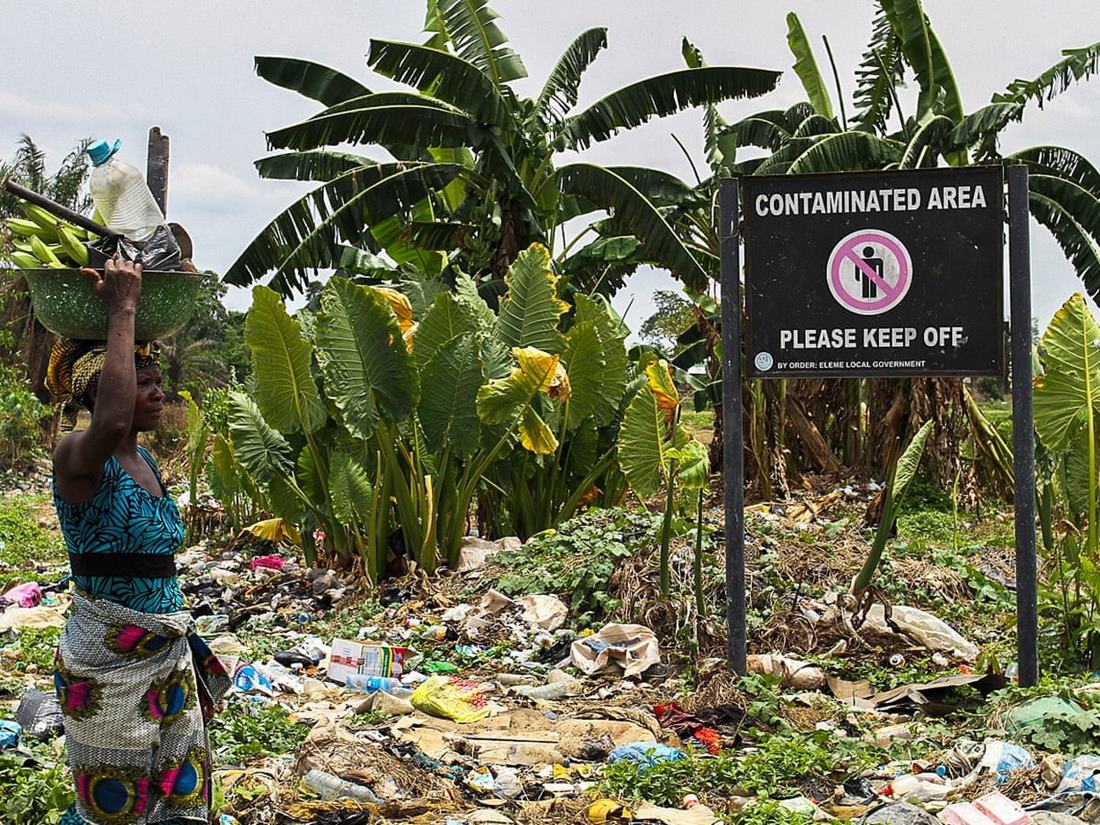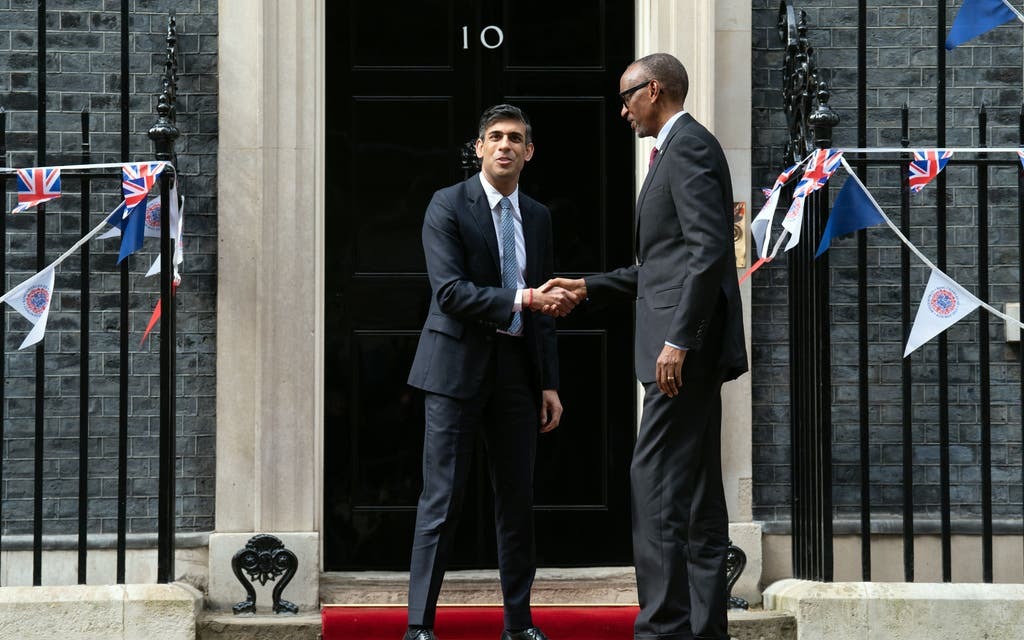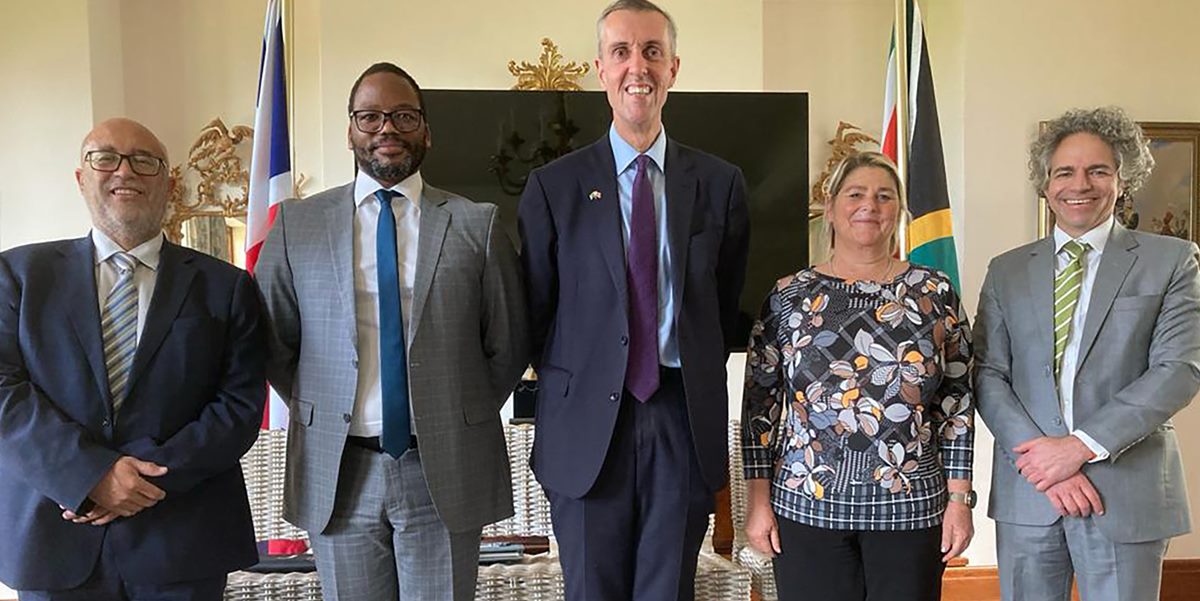Isabel dos Santos, an Angolan billionaire who has been widely regarded as Africa’s wealthiest woman, has suffered a legal setback in the High Court as her attempt to prevent the freezing of her assets has been unsuccessful.
Dos Santos, the daughter of a former Angolan president, is facing a lawsuit from telecoms company Unitel, which is seeking damages amounting to $733 million (£580 million) related to financial decisions she made while serving as a director of the firm.
The case against Dos Santos has been marred by allegations of corruption and exploitation of resources during her involvement with major Angolan companies. Leaked documents obtained by the BBC have implicated her in accumulating her fortune through illicit means.
Dos Santos has vehemently denied the allegations, attributing them to a politically motivated campaign orchestrated by the current Angolan government. She has dismissed the claims as baseless and insisted that they were founded on fabricated documents and false information.
Unitel, in its claim against Dos Santos, focuses on loans granted in 2012 and 2013 totalling around $400 million to a company called Unitel International Holdings (UIH), which is owned and controlled by Dos Santos. The telecoms company alleges that the loans were made at below-market rates and without adequate security, primarily benefiting Dos Santos herself.
Dos Santos has countered Unitel’s allegations, asserting that the loans to UIH were approved by the board and shareholders of Unitel and were made in good faith.
The High Court ruling grants a freezing order in favour of Unitel, and while the specific terms of the order will be determined in a subsequent hearing, it has been reported that Dos Santos’ assets include properties in the United Kingdom valued at up to £33.5 million ($42 million), as well as properties worth $95 million in Monaco and Dubai.
The ongoing legal battle adds to the challenges faced by Dos Santos, who has previously been listed as Africa’s wealthiest woman with an estimated fortune of $2 billion. However, her assets are currently under dispute in multiple jurisdictions, leading to her exclusion from Forbes’ rankings of the world’s wealthiest individuals.
Dos Santos’ case represents a high-profile clash between powerful figures in Angola’s political and business spheres, and its outcome is anticipated with keen interest both within the country and internationally.



